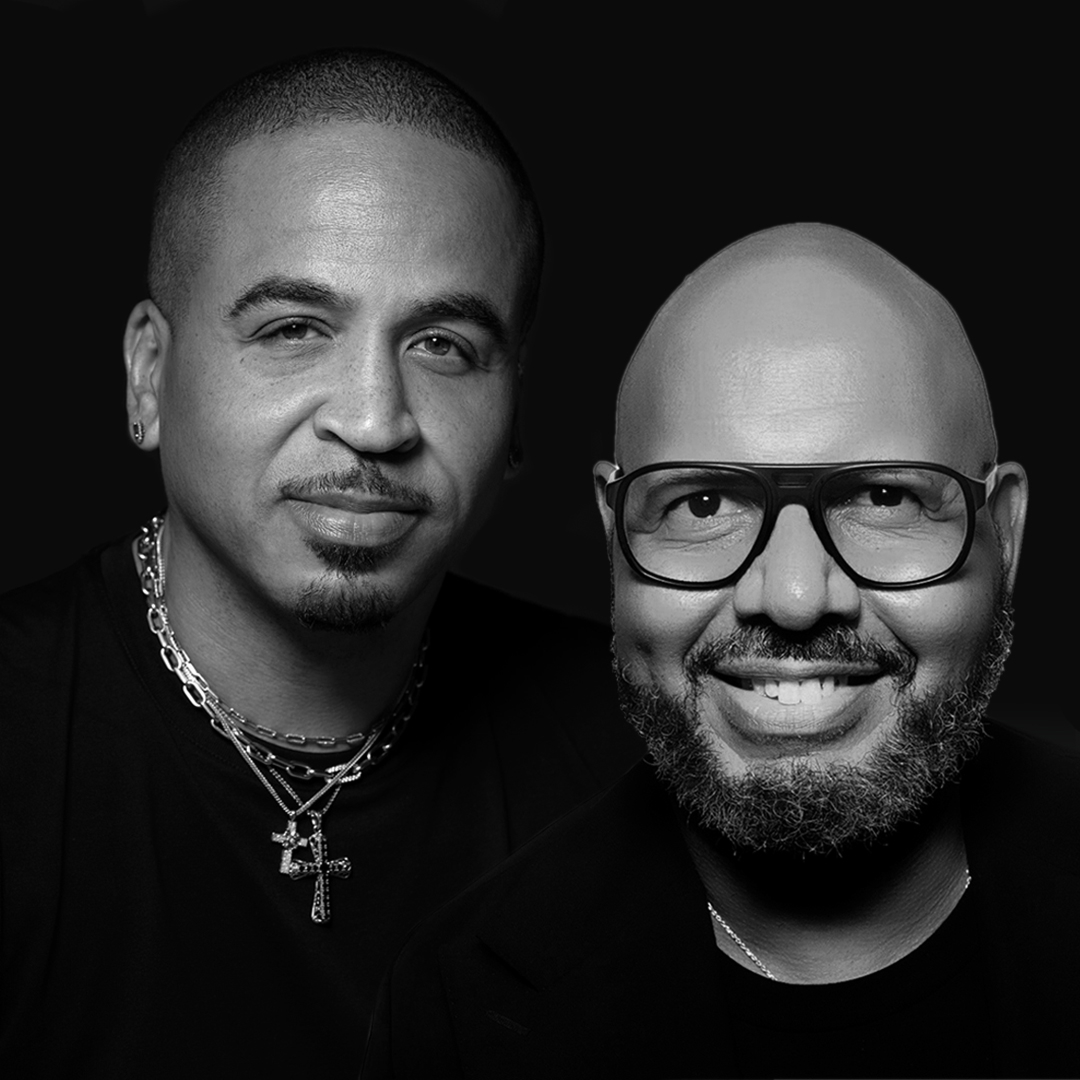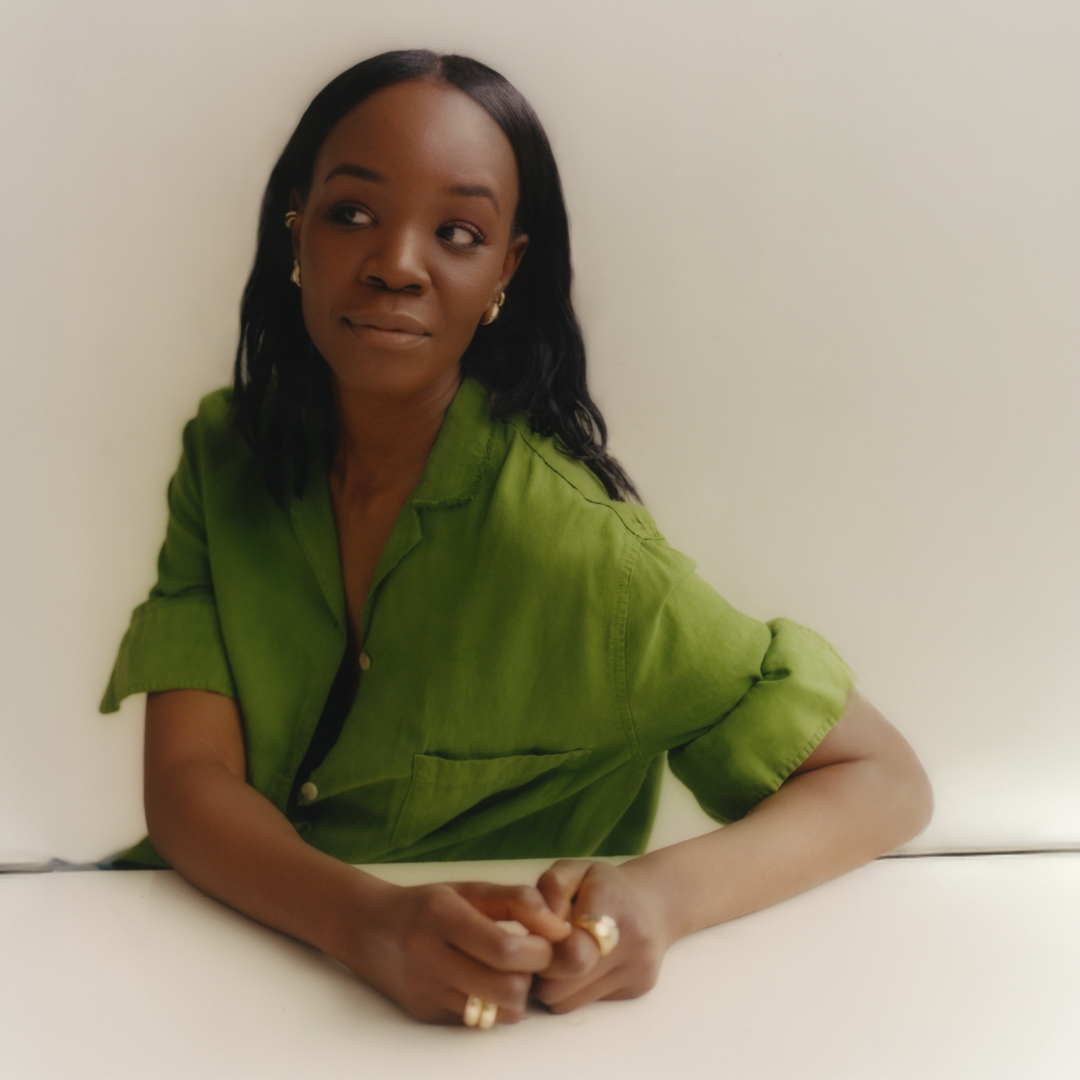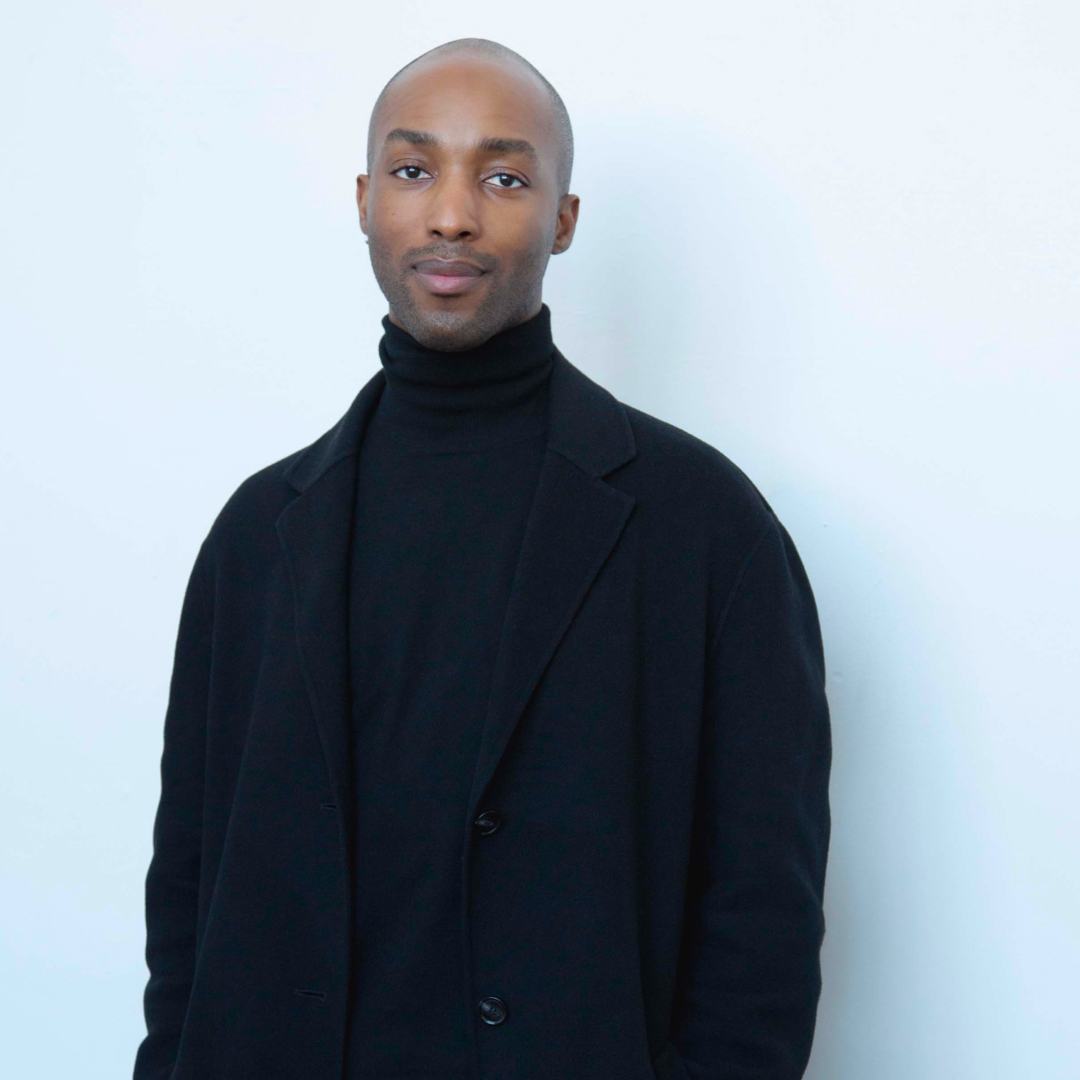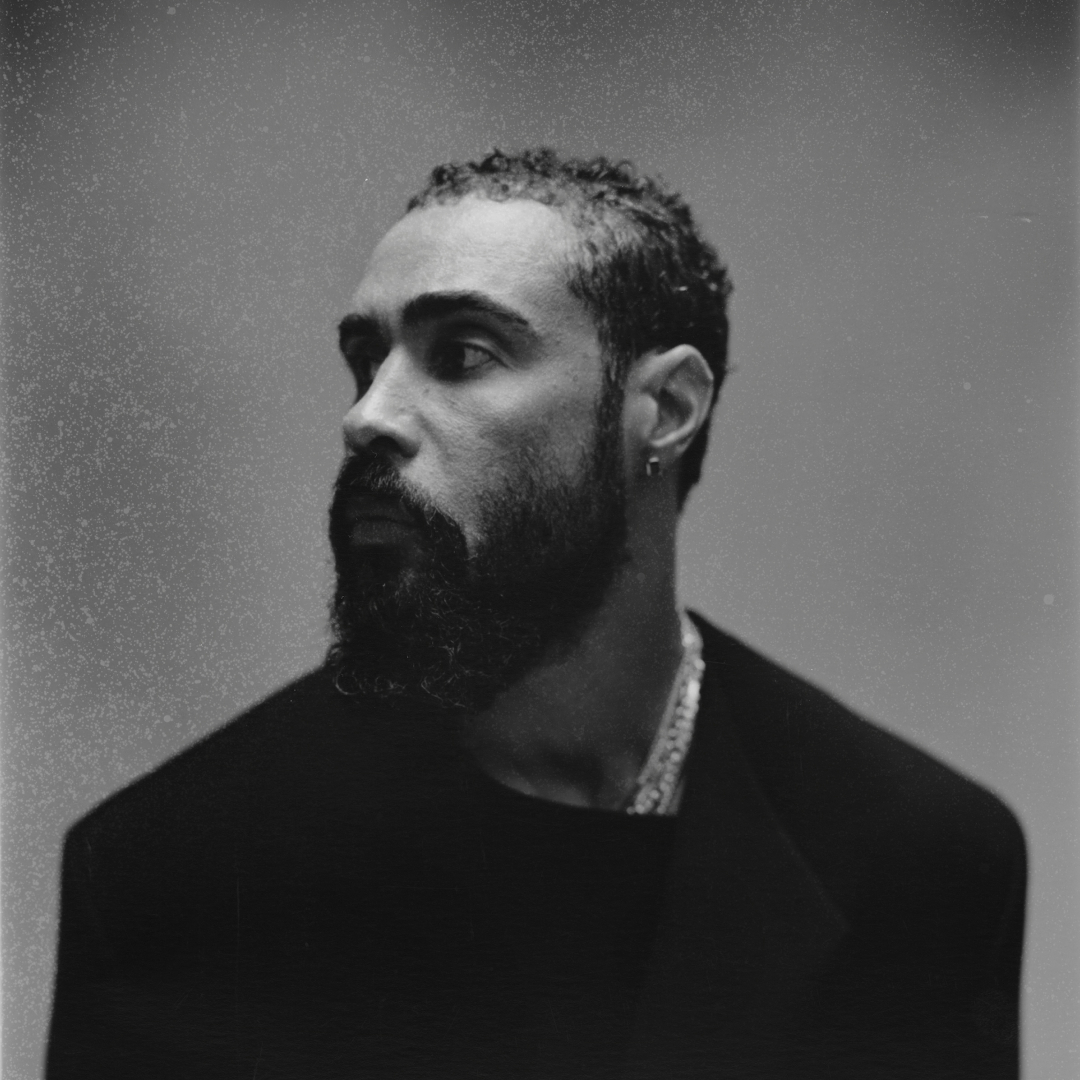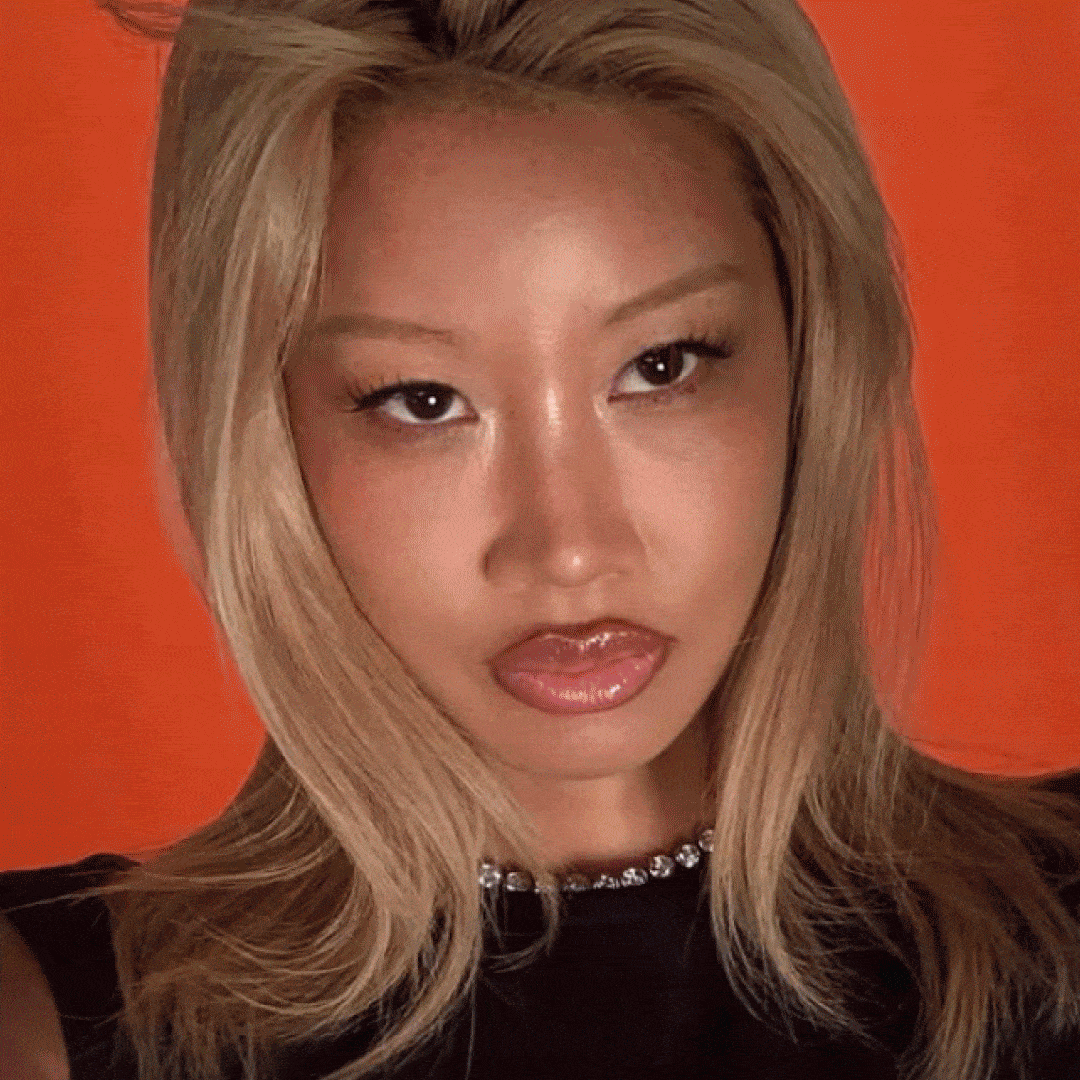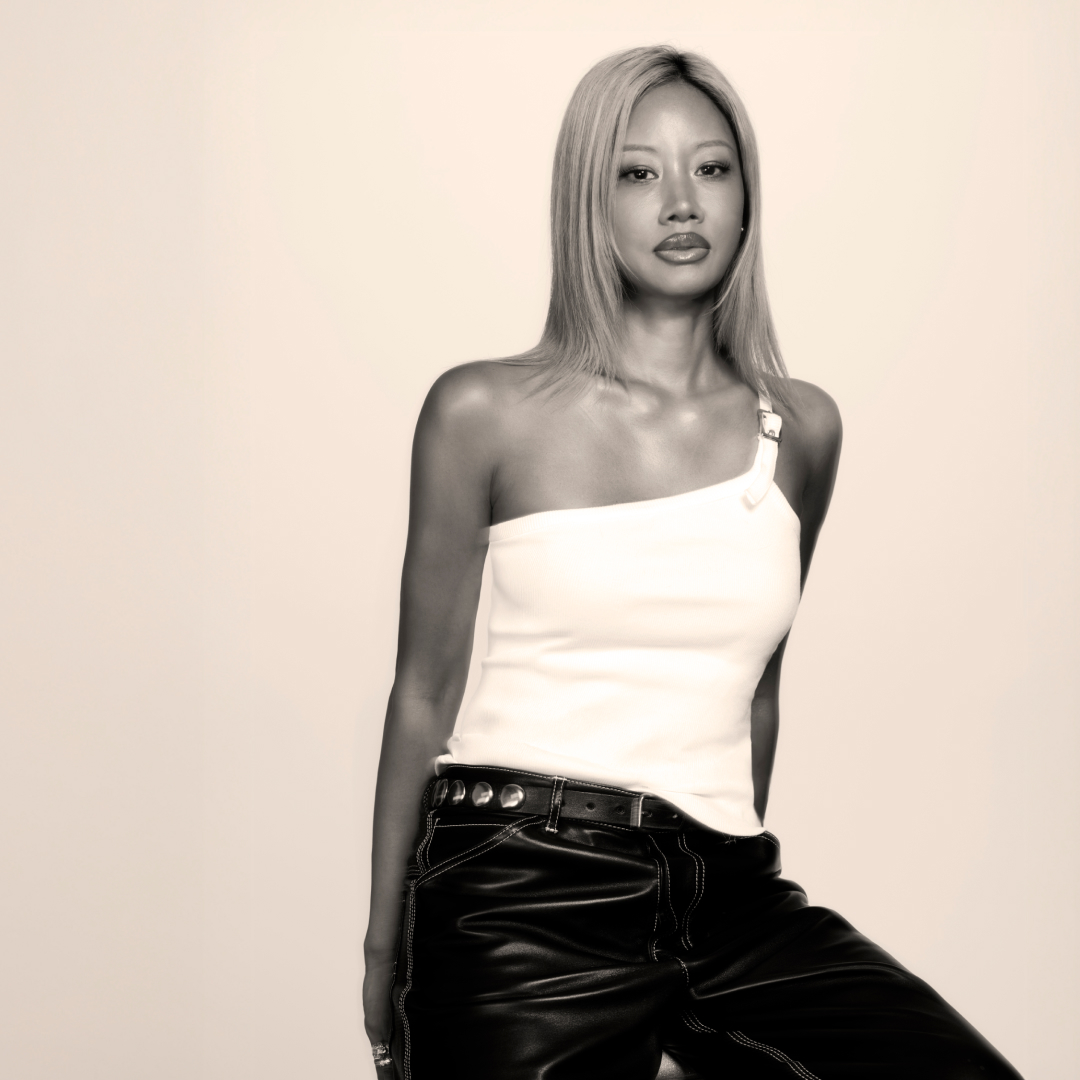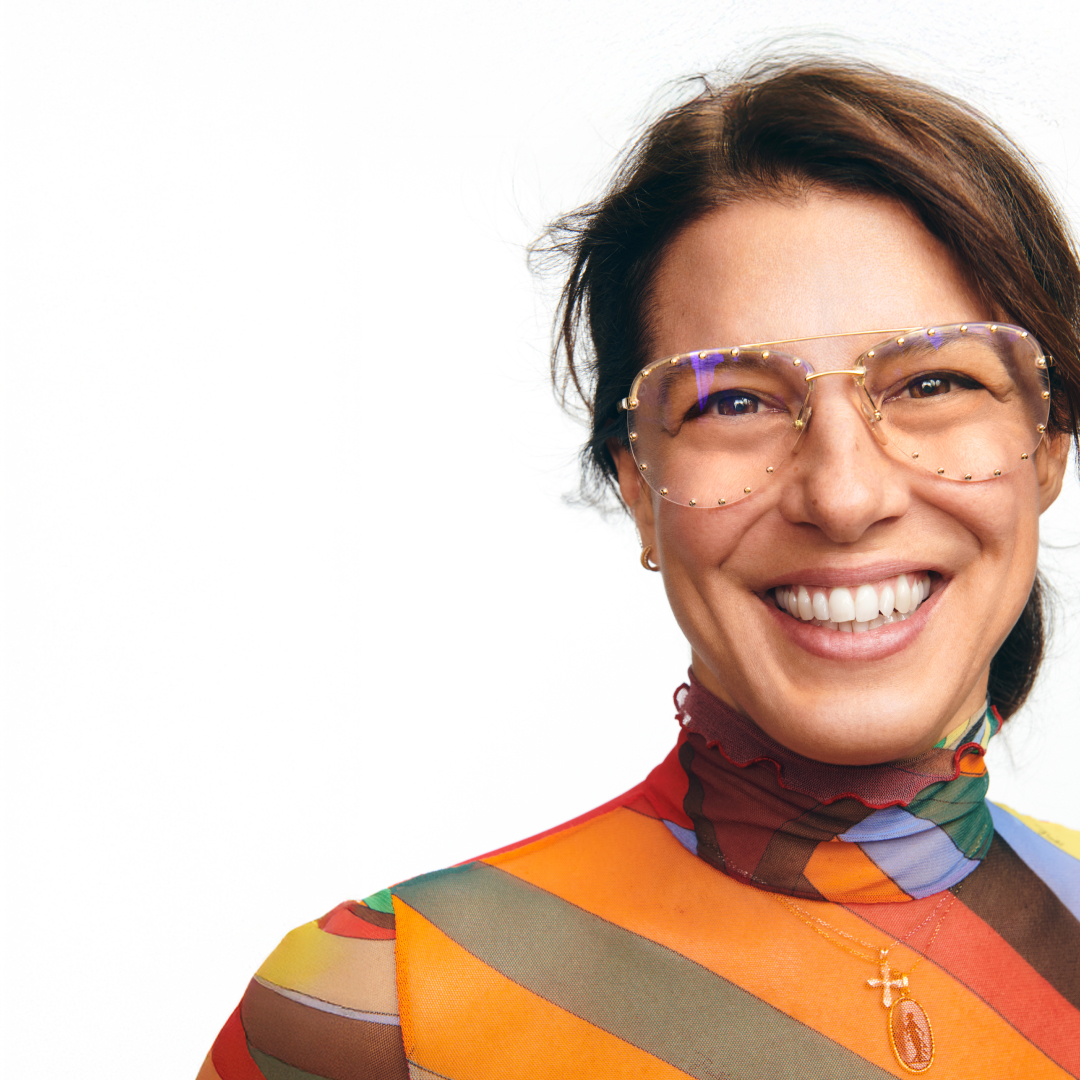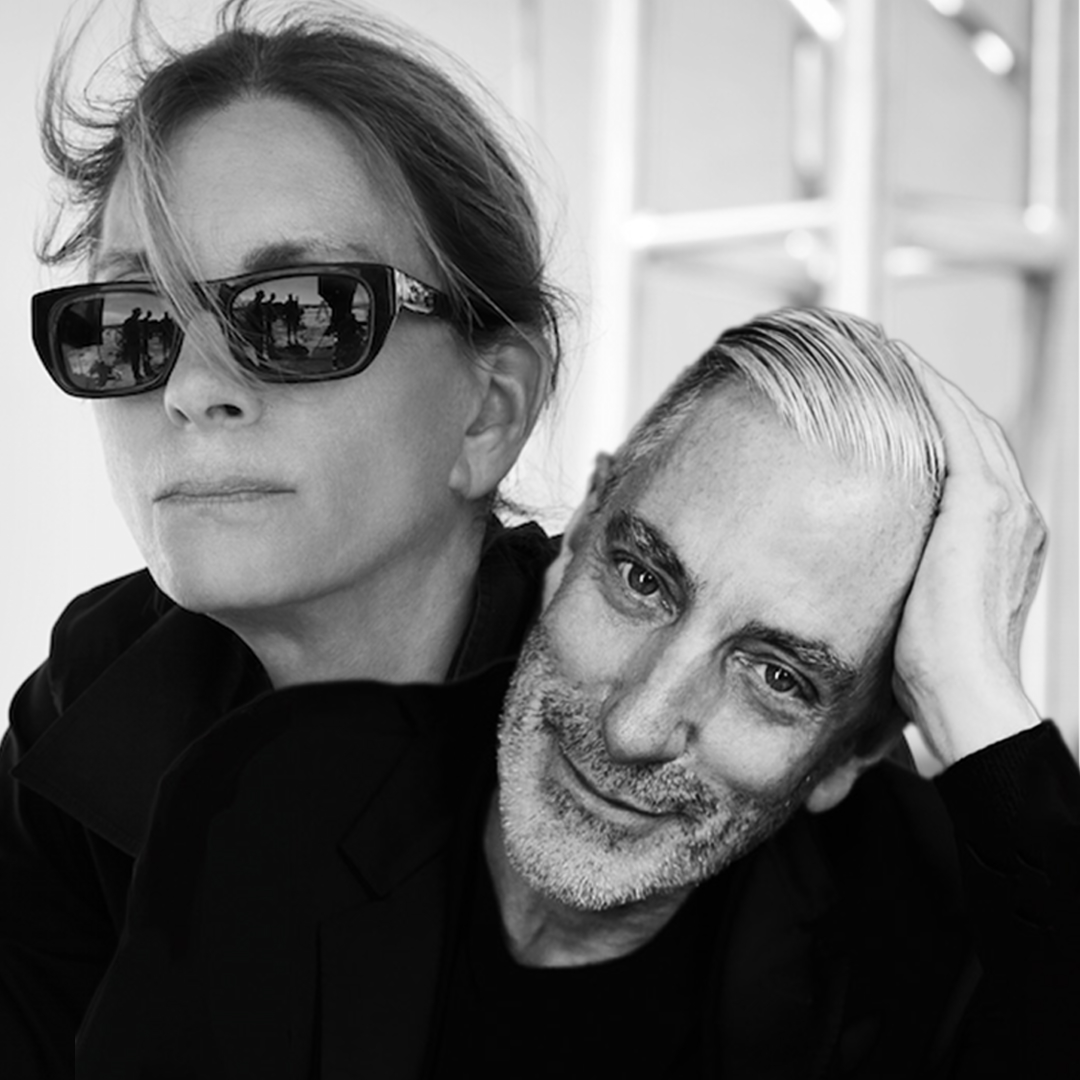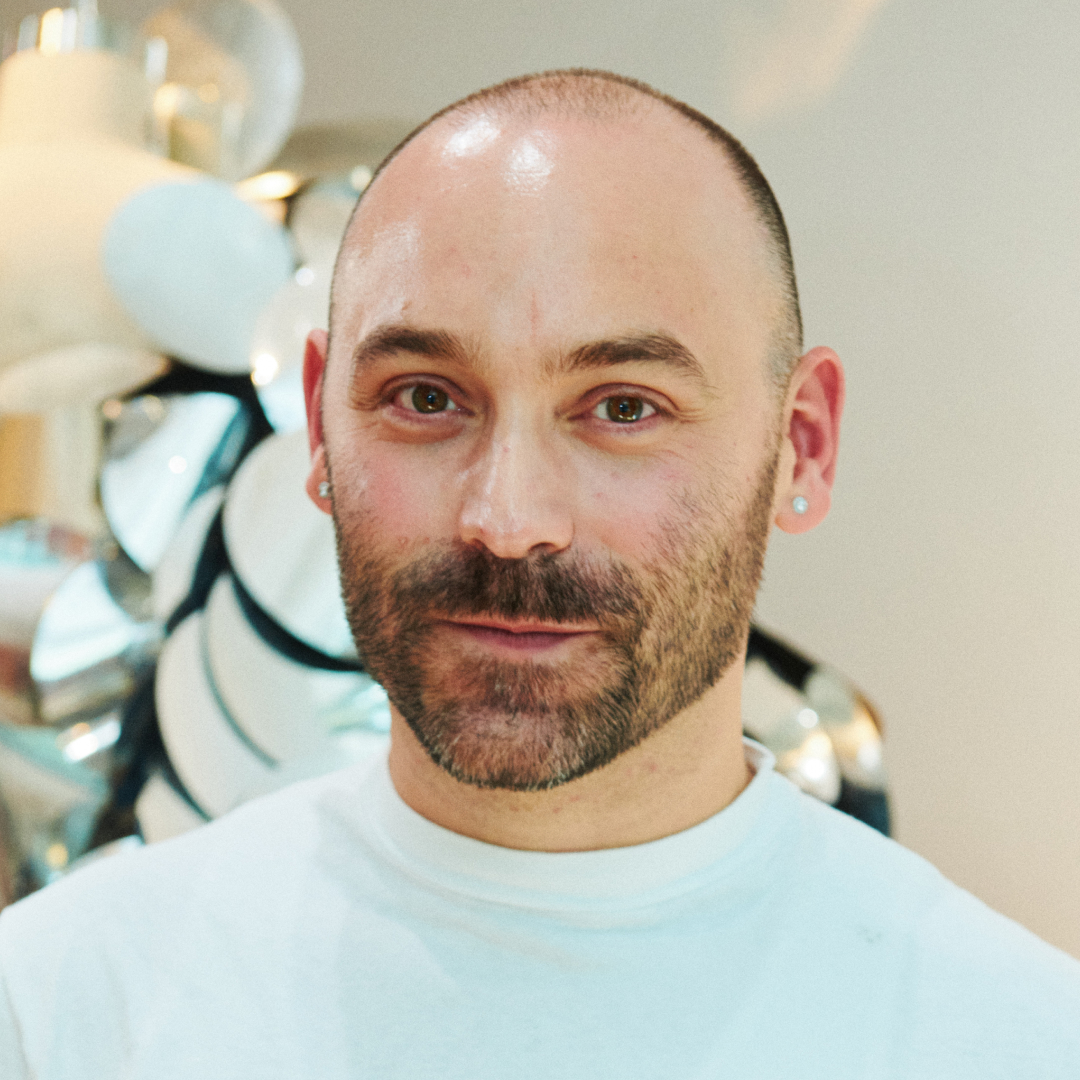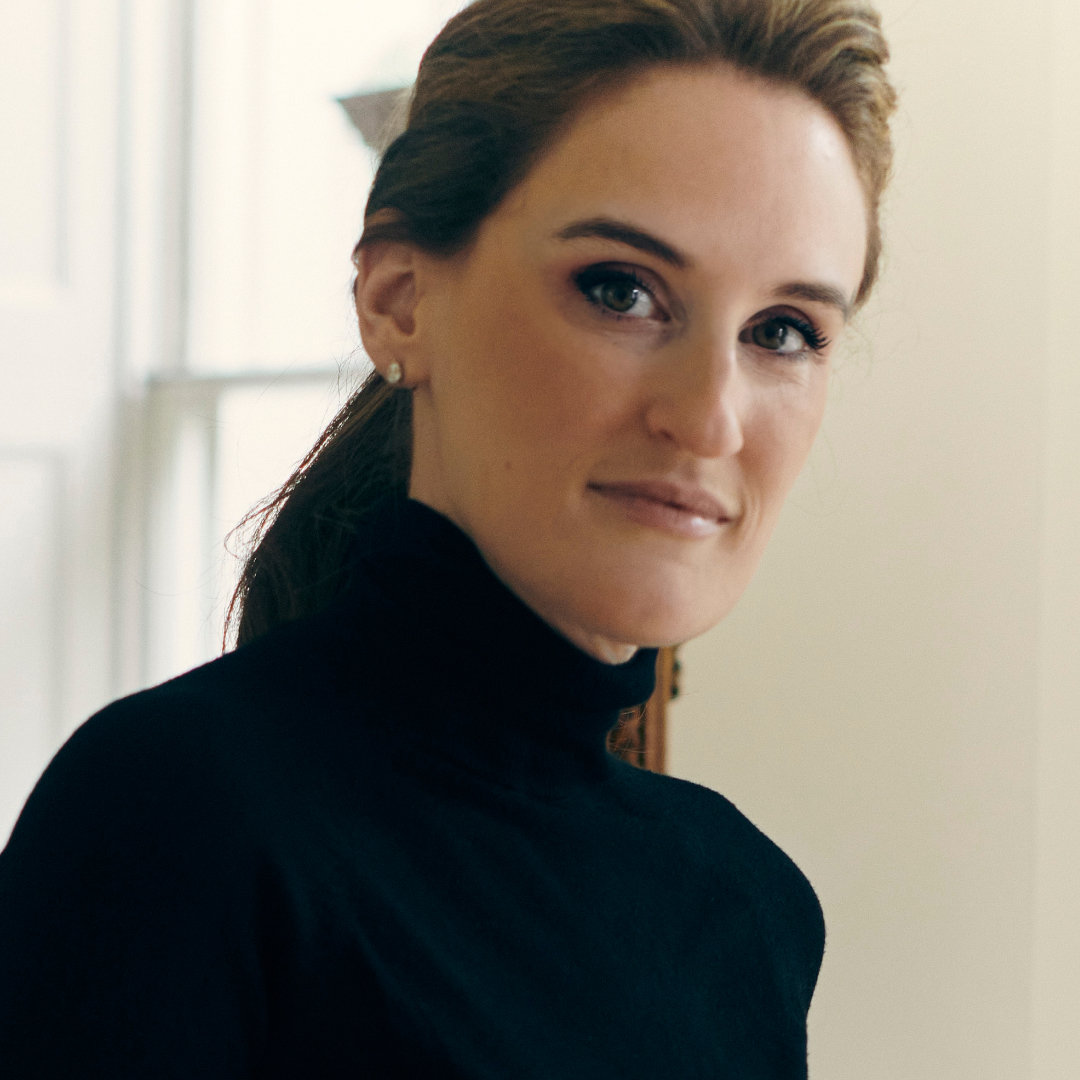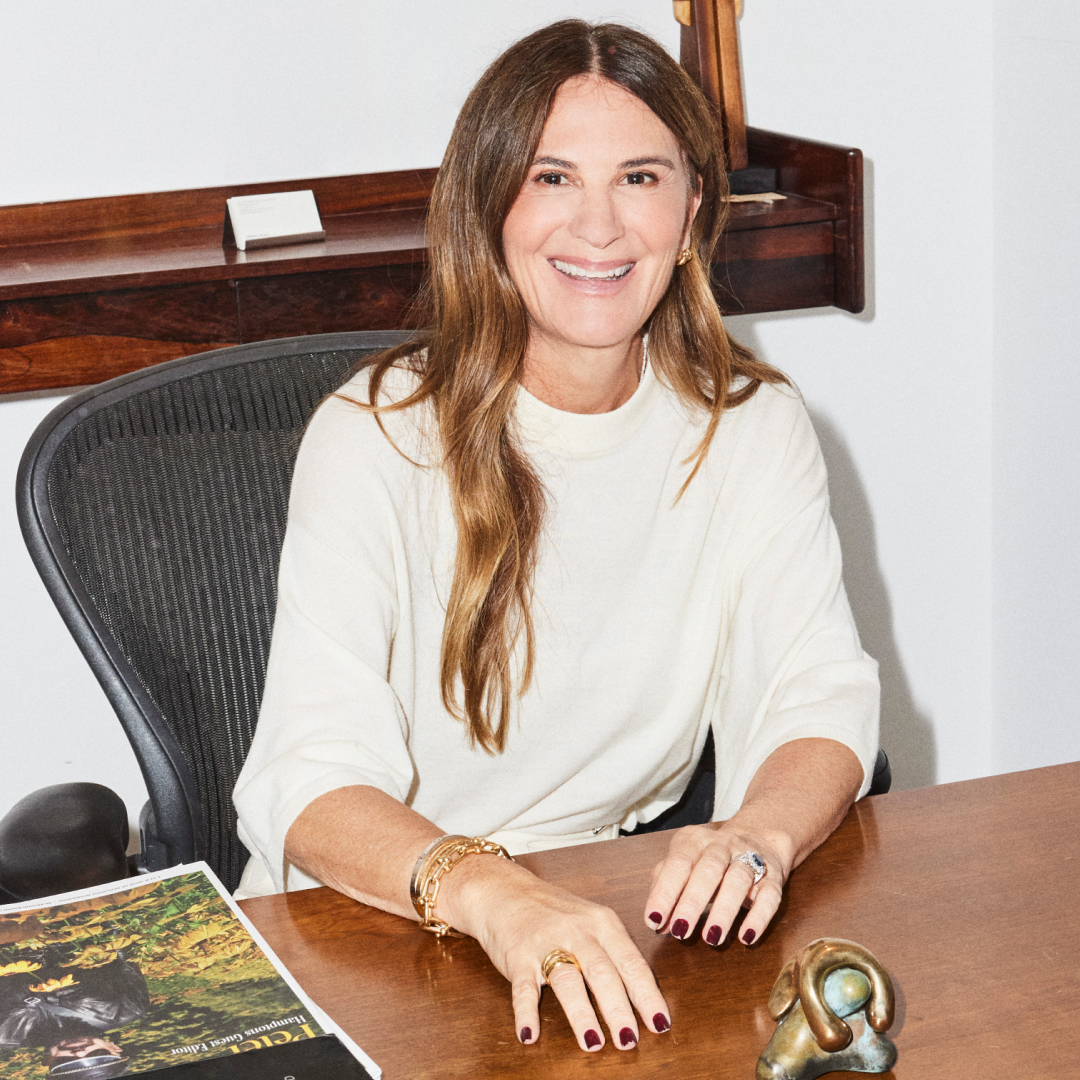Show Notes
Summary
While many in the fashion industry were already well-versed in the work of journalist Lauren Sherman, the early days of The Line Sheet sparked rumblings across the dinners and drinks that often define the social musings through which the industry connects. Having captured everyone's attention, she went on to launch her podcast, Fashion People, and has since amassed a dedicated audience.
In this episode, Lauren shares her personal journey while helping us dissect the cultural moment we’re navigating—a world fractured into countless niches yet searching for universal connections.
From the evolving role of journalism in an oversaturated media landscape to the rise of authenticity as a cultural currency, Lauren offers a compelling look at what it takes to thrive in a world that rewards staying true to yourself.
“There's no need to compare yourself to other people because everybody is coming from a different perspective. And so, I don't believe in objectivity in any way. I think that people who claim it exists should strive for it, but you also have to know that it's not a real thing.” - Lauren Sherman
Episode Highlights
- Lauren knew at a young age that she was interested in journalism, specifically fashion, but somehow ended up studying computer programming first.
- Her two biggest influences early on were Liz Tilberis and Jane Pratt, who were the editors of Harper’s Bazaar and Sassy, respectively.
- The business aspect of her career in journalism was not planned, but it was the first way she found to get into the industry.
- Having come up during the time when conglomerates like Kering and LVMH were first taking shape, and the industry was rapidly becoming big business, she learned early on how important the business aspect of the fashion conversation actually was.
- Joining Fashionista during the heyday of blogging, Lauren was suddenly expected to churn out several pieces a day. It was there she learned to write without having time to pick up the phone to sources and instead relied more exclusively on her own perspective about the topics she was writing about.
- Despite being rooted in fashion, both The Line Sheet and Fashion People speak to broader cultural issues, from Ozempic to musical chairs with creative directors at major fashion houses.
- Lauren breaks down the reality behind the seismic shifts in the luxury sector and consumer behaviors shaping them.
- The impressive efficacy of certain creative choices is often beyond the reach of data farming and analytics platforms, and can end up getting overlooked by those who now exclusively let data govern their choices.
- Critical thinking is not taught in schools, and the impact of that missing link is evident in the cultural behaviors we often encounter today.
- According to Sherman, we live in such a fragmented culture that, to succeed, you must truly understand what’s right for you and do what’s right for you. Those who do that often achieve significant success.
Notable Quotes:
- “Jane Pratt, who was the editor of Sassy when I started reading it, and Liz Tilberis, the editor of Harper's Bazaar when I started reading it. The two of them really influenced me. They influenced my taste, my interest, and also my desire to be a journalist.”
- “The way I started covering Ozempic and GLP-1s— and that's not technically in the fashion industry, I guess it's wellness-related— but it really does affect a lot of the people I write about in terms of business. Fashion reflects culture.”
- “How do you keep a career in this business? You just don't leave, because so many people escape to something easier.”
- “What's important to me is being very clear and transparent about what I do know and what I don't know.”
- “I wish everyone didn't think in such a binary way. Things are not black and white. I believe in being authoritative, having an opinion, and sticking with it. But I see this all over the internet and in politics, and it's such a shallow way of thinking.”
- “I'm definitely a millennial. I'm not afraid to make money. I'm not afraid of selling out.”
- “You can have an algorithm tell you that, and it might, in some ways, be more accurate, but you're never going to have the runaway hit that comes from what your gut tells you.”
- “There's no need to compare yourself to other people because everybody is coming from a different perspective. And so, I don't believe in objectivity in any way. I think that people who claim it exists should strive for it, but you also have to know that it's not a real thing.”
- “Many journalists see themselves as employees and aren't really concerned with what's happening in the greater business. I just think that's unfortunate, and you can't really operate like that anymore in this world.”
- “What's contemporary now is being specific and understanding. We live in such a fragmented culture, so to succeed, you have to really understand what's right for you and do what's right for you. The people who do that end up having a lot of success.”












